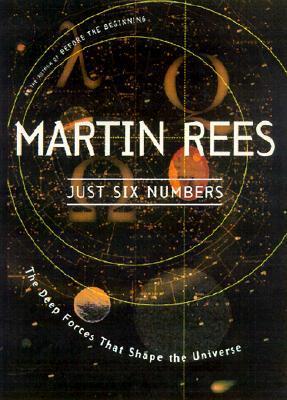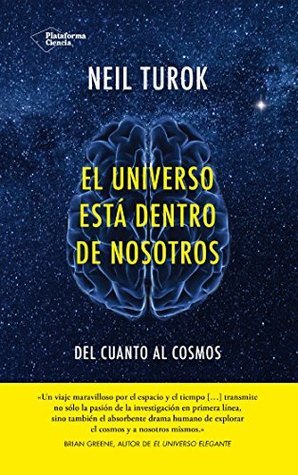
Our Mathematical Universe: My Quest for the Ultimate Nature of Reality
Book Description
What if the fabric of reality itself is mathematical? In "Our Mathematical Universe," Max Tegmark boldly ventures into the heart of existence, proposing that everything—matter, energy, even consciousness—is governed by profound mathematical truths. With a mix of cutting-edge science and bold philosophical inquiry, he lays bare the astonishing idea that our universe is a vast mathematical structure, inviting readers to rethink their very perception of reality. As humanity stands on the precipice of unprecedented discoveries, what secrets will the universe reveal when we decode its mathematical language? Prepare for a mind-bending journey into the depths of existence itself.
Quick Book Summary
In "Our Mathematical Universe," physicist Max Tegmark argues that reality is not just described by mathematics but actually is mathematics at its deepest level. Drawing from cutting-edge physics, cosmology, and philosophy, Tegmark explores concepts like the multiverse, the mathematical nature of physical laws, and our place within these vast structures. He proposes the radical idea that every aspect of the cosmos, including consciousness itself, arises from underlying mathematical structures. Tegmark guides readers through the different levels of multiverses, examines the philosophical implications of living in a mathematical universe, and encourages an open-minded approach to the ultimate nature of existence. The book combines scientific rigor with thought-provoking speculation, challenging us to reconsider how and why the universe exists.
Summary of Key Ideas
Table of Contents
The Mathematical Nature of Reality
Max Tegmark begins by challenging the conventional view that mathematics merely describes reality. Instead, he argues that reality is fundamentally mathematical in nature. According to this view, the universe is not simply governed by mathematical laws, but is itself a mathematical structure. This leap reshapes our understanding of existence and invites us to interpret all phenomena, from subatomic particles to consciousness, through a mathematical lens.
The Multiverse and Its Levels
To support his thesis, Tegmark introduces the concept of the multiverse, proposing that our universe might be just one among an infinite array of possible universes. He organizes the multiverse into four distinct levels, each representing successively broader and more exotic forms of reality. These range from simple variations on familiar cosmological constants to universes governed by entirely different mathematical structures. Tegmark uses these ideas to illustrate the extremities of physical possibility.
Mathematics as the Blueprint for Existence
Tegmark dives deeper into the nature of mathematics, investigating its remarkable effectiveness in describing the physical world. He argues that mathematics is not only a tool created by humans to model the universe, but actually forms the bedrock of existence itself. The apparent "unreasonable effectiveness" of mathematics, he suggests, can be explained by acknowledging that all physical phenomena are manifestations of mathematical structures.
Philosophical Implications of a Mathematical Universe
The book then explores the philosophical ramifications of this perspective. If everything is mathematical, questions about reality, free will, and consciousness take on new meaning. Tegmark engages with age-old philosophical puzzles, such as the nature of self and the hard problem of consciousness, proposing that even conscious experience might emerge from mathematical patterns. This outlook blurs the boundary between physics and philosophy, inviting readers to reconsider the ultimate nature of themselves and the cosmos.
The Future of Discovery in Physics and Cosmology
In the final sections, Tegmark speculates about the future of scientific discovery. He discusses how embracing a mathematical universe could guide future research in physics, cosmology, and artificial intelligence. Tegmark argues for intellectual humility and open-mindedness as humanity probes deeper into reality's secrets. He concludes by encouraging readers to appreciate the profound mystery and beauty inherent in the mathematical fabric of the universe, emphasizing that as our knowledge expands, so too does our sense of wonder.
Download This Summary
Get a free PDF of this summary instantly — no email required.





